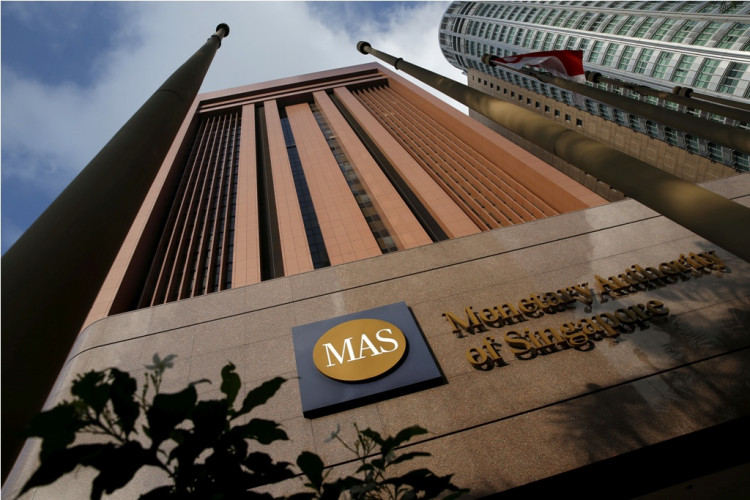Singapore's economy narrowly dodged a technical recession as the latest data revealed that the city-state expanded by 0.1 percent year-on-year during the third quarter of 2019.
The Monetary Authority of Singapore (MAS) announced a slight easing in monetary policy shortly after the figures were revealed.
According to the Nikkei Asian Review, this is the first time in three and a half years that Singapore, a rising Asian tiger, loosened up on its monetary policy.
In particular, the MAS reduced the appreciation rate of the Singapore dollar nominal effective exchange rate (S$NEER) slightly.
Over the past six months, financial experts noticed a disturbing downtrend in inflation levels in the city-state. Singapore's moderate economic expansion has also triggered concerns among economists and investors.
Economists are blaming a slowdown in the manufacturing sector as one of the key reasons why the Singaporean economy slowed down in Q3. The trade war is also another factor that affected the economy as the city-state's business dealings with both China and the U.S. softened.
The MAS noted in its latest report of the Singaporean economy that output levels in various sectors, particularly in manufacturing, will most likely be on the lower end of the line.
It is further expected that the downtrend will persist within the "next few quarters."
On the other hand, the MAS is also expecting the Singaporean economy to bounce back sometime next year since Q3's growth figures were significantly lower than analyst expectations.
According to CNBC, Singapore is considered one of the few countries in the world with the highest trade-to-GDP ratios. However, it also makes the small city-state's economy very sensitive to trade flows and business activities.
Singapore is commonly used as an indicator of global economic expansion or contraction. In this case, the city-state is at the edge of a potential technical recession should growth be stagnant within the next two quarters.
Some economists believe the Asian city-state may have to do more than just ease its monetary policy to curb the potentially alarming effects of a slowing global economy and softening domestic manufacturing output.
Despite fears about the Singaporean economy, it is worth noting that the city-state recently overtook the United States in the latest World Economic Forum (WEF) global competitiveness report.
This year, the U.S. has been pushed down by the Asian tiger as Singapore scored high in several key economic indicators including labor, financial system, infrastructure projects, health sector, and more.
Singapore remains one of the most stellar economies in the world due to its ability to stand tall amid external headwinds. It remains to be seen how the city-state will perform for the fourth quarter.






